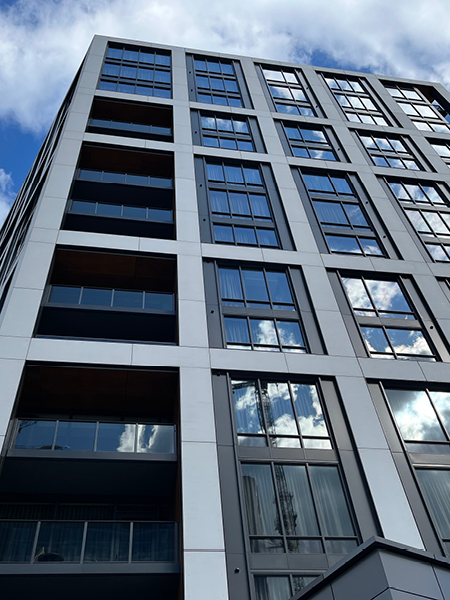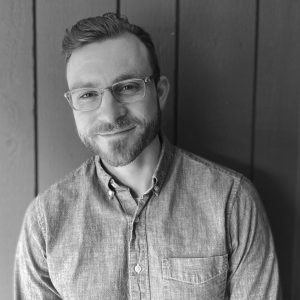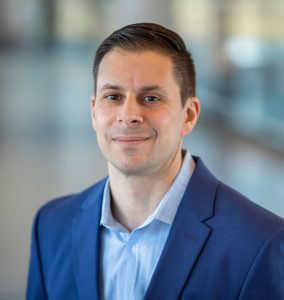Designing for Carbon Neutrality: Engineering and Architectural Perspectives

According to the U.S. Energy Information Administration, the built environment is associated with nearly half of all energy consumption in the United States and nearly 40% of greenhouse gas emissions globally. In response, design professionals from across the architecture, engineering, and construction (AEC) industry have sought ways to reduce building sector greenhouse gas emissions to mitigate the effects of climate change. Programs such as the American Institute of Architects’ 2030 Commitment and the Structural Engineering Institute’s SE 2050 Commitment aim for net-zero emissions before the effects of climate change become irreversible. In addition, the Gensler Cities Climate Challenge (GC3) is a firmwide commitment to carbon neutrality by 2030. Through the framework of these commitments, design professionals seek to educate their peers, track carbon on their projects, and share strategies and lessons learned from their efforts.
In this webinar, we will share perspectives from architects and engineers working within these programs to identify design decisions that reduce both operational carbon (emissions associated with heating, cooling, lighting, and other energy-consuming operations) and embodied carbon (emissions associated with material production, transport, and construction). We will explore opportunities and barriers to reaching program goals, discuss ongoing measuring and benchmarking activities, and review case study examples of successful projects.
LEARNING OBJECTIVES
After attending this webinar, participants will be able to:
- Understand the causes and consequences of carbon emissions related to the AEC industry.
- Identify measuring and benchmarking tools and approaches to track carbon associated with the built environment.
- Recognize lessons learned from architectural and engineering case study examples.
- Discuss the opportunities and barriers to reaching carbon neutrality in the built environment.
Participants will earn 1.0 AIA CES Learning Unit (LU/HSW) for attending the live webinar. Registration is free. Please note that space is limited – email events@sgh.com to join our waitlist if the session is closed when you register.



